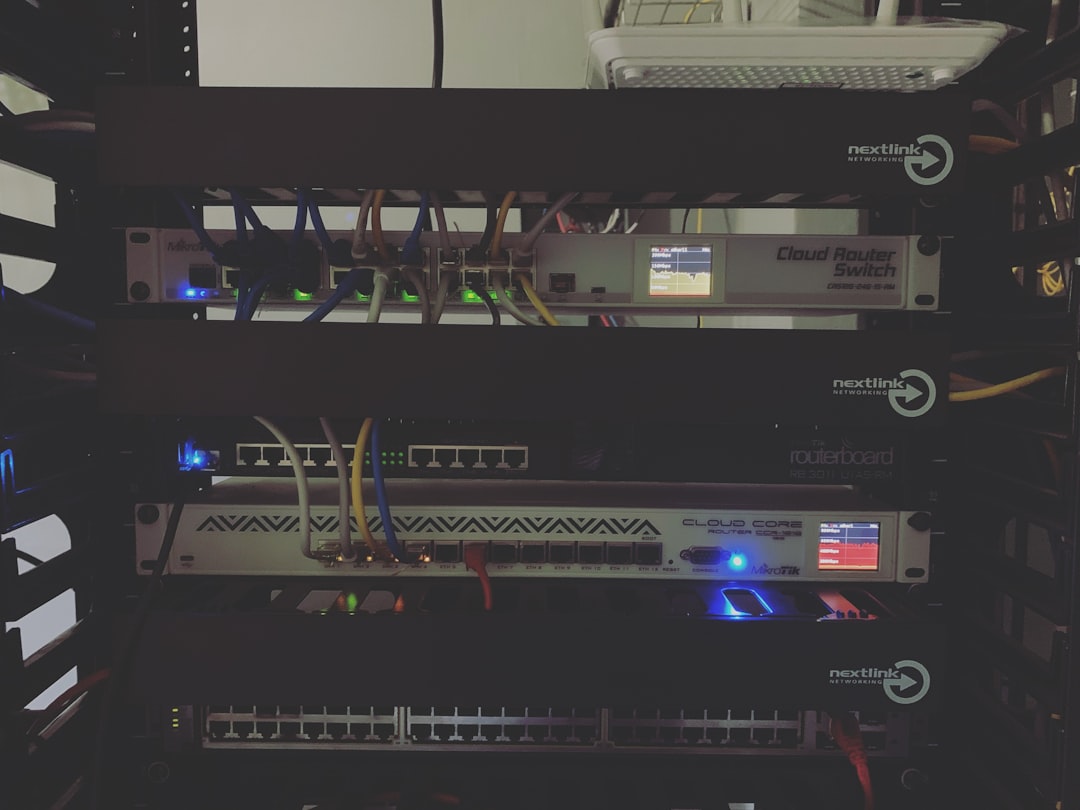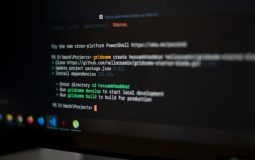In an era where online privacy is a growing concern, many internet users are turning to Virtual Private Networks (VPNs) to protect their digital footprint. Among the various types, residential VPNs have emerged as a popular choice due to their ability to cloak user identity more convincingly. These VPNs route traffic through real residential IP addresses, making users appear as regular home internet users instead of traditional data center traffic. While these VPNs have several advantages, they may also carry certain risks that users should carefully consider.
What Is a Residential VPN?
A residential VPN provides users with an IP address assigned by an internet service provider (ISP), not a data center. This IP is tied to a real, physical location, making it much harder for websites or services to detect the use of a VPN. This makes residential VPNs useful for purposes such as:
- Bypassing geo-restrictions
- Accessing content without detection
- Web scraping and market research

Potential Risks of Using a Residential VPN
Despite their benefits, there are several risks associated with residential VPNs that users should be aware of before relying on them as their primary security solution.
1. High Cost
Residential VPNs are considerably more expensive than traditional VPNs. This is because maintaining a network of residential IP addresses requires greater infrastructure, leasing agreements, or partnerships with residential users. Some services even acquire IPs through questionable methods, which leads to the next concern.
2. Ethical and Legal Concerns
Some residential VPN providers obtain IP addresses through users unknowingly installing software that shares their internet connection. This can happen via “free” VPNs or performance-enhancing apps. When users agree to vague terms and conditions, they may unknowingly offer their IP to a shared pool. This raises serious privacy and legality issues for both the person sharing the IP and the person using it.
3. Slow Speeds
Since residential internet connections are not designed for large-scale VPN traffic, using a residential VPN can result in significantly slower speeds. Bandwidth may be limited and performance inconsistent, especially if the IP is shared with multiple users at once.
4. Questionable Providers
The popularity of residential VPNs has led to a surge in low-quality or even malicious providers entering the market. Without proper regulation, some providers may log user data, sell browsing history, or even inject ads into web traffic. It’s crucial to thoroughly research the VPN service before trusting it with sensitive information.

5. Blocked IPs
Residential VPNs are often used in web scraping and bot traffic, which can lead platforms like Amazon or Netflix to blacklist those IPs. As a result, the supposedly “genuine” residential IP may already be flagged, preventing access to certain services.
Benefits vs. Risks
Residential VPNs can be invaluable for specific use cases, particularly for business intelligence or accessing region-locked content. However, for regular consumers simply looking for online privacy, a premium VPN with strong encryption and a no-log policy may be a safer and more reliable option.
To mitigate the risks associated with residential VPNs, users should:
- Choose reputable providers with transparent privacy policies
- Avoid free VPN services that offer residential IPs
- Monitor internet speeds and performance regularly
- Read customer reviews and independent audits
Conclusion
While residential VPNs offer compelling advantages in terms of anonymity and avoiding VPN detection, they do come with important caveats. From potential legal implications to speed issues and questionable ethics, the risks should not be overlooked. For those considering a residential VPN, due diligence is essential to ensure that the service enhances security rather than compromising it.
Frequently Asked Questions (FAQ)
- Are residential VPNs legal?
- Yes, using a residential VPN is legal in most countries. However, the way some providers obtain IP addresses may raise legal or ethical concerns.
- Can I use a residential VPN for streaming?
- Yes, many users opt for residential VPNs to access streaming content from different regions. However, some streaming platforms may still detect and block these connections.
- Do residential VPNs keep logs?
- This depends on the provider. Some log user activity, while others adhere to strict no-log policies. Always read the privacy terms carefully.
- Is it safe to use a free residential VPN?
- Using free residential VPNs is highly discouraged, as they often come with privacy risks, data logging, and even malware.
- What makes a VPN “residential”?
- A residential VPN uses IP addresses assigned to physical residences rather than from hosting data centers, making the traffic appear more like that of a typical internet user.








